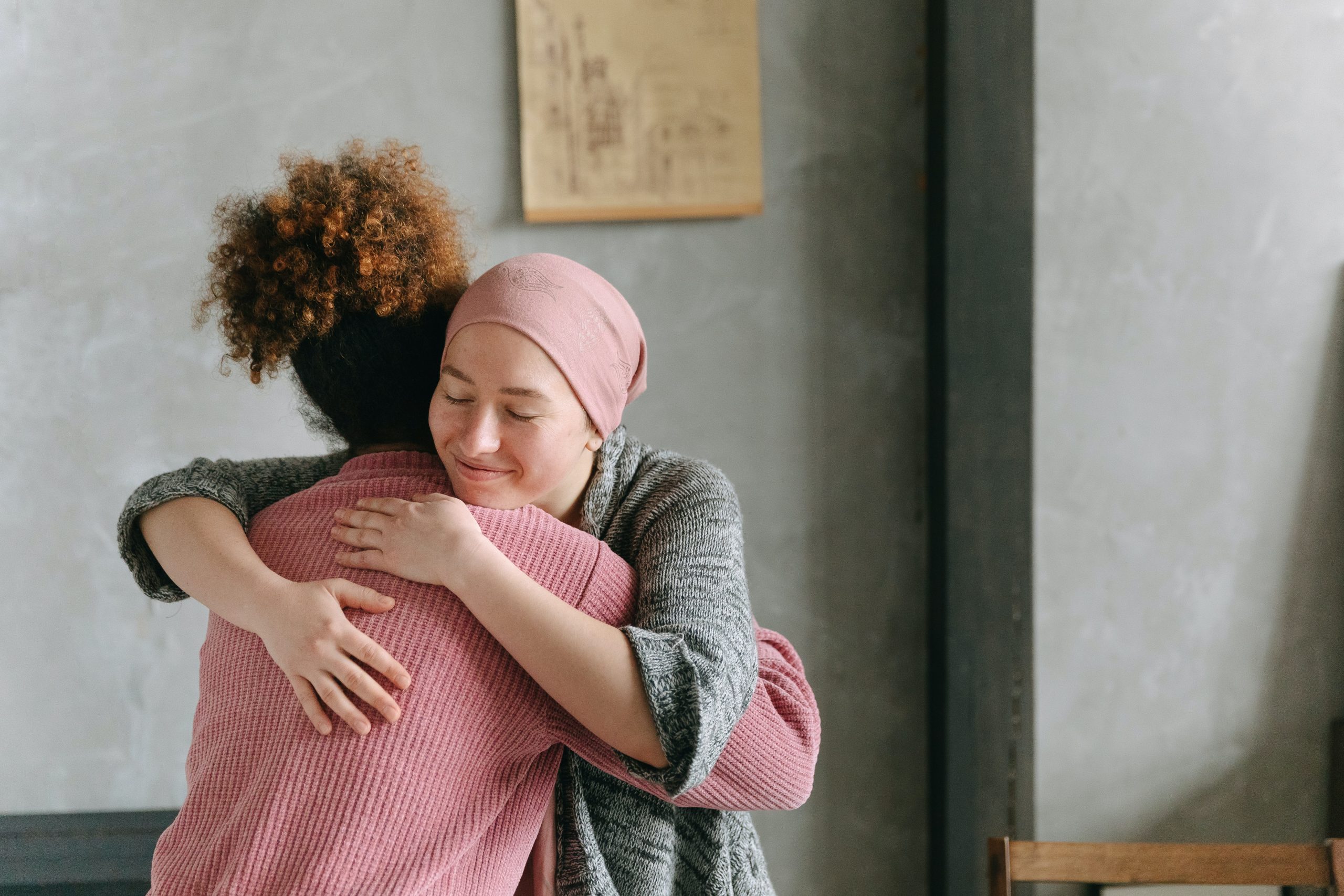Cancers are diseases that affect millions of people worldwide each year, and no one is immune to them. It is essentially caused by the abnormal growth of cells in the body and can occur in any part of the body.
While some forms of cancer are genetic, others can be caused by environmental factors like exposure to harmful substances or lifestyle choices. Fortunately, there are that steps you can take to decrease your risk of developing cancer which is good news! This piece will discuss some preventative measures you can take to lower your chances of getting cancer.
Eat a Healthy Diet
One important thing that you can do to reduce your risk of cancer is to make sure you are consuming adequate nutrition. This means eating a varied diet of fruits, vegetables, protein, healthy fats, and complex carbs. These foods are rich in many vitamins, minerals, and antioxidants that help to protect your cells from damage which is essential for a healthy body. It is best to also limit or completely avoid processed or sugary foods, which can increase inflammation in the body, which is said to increase your risk of cancer.
Stay Active
Regular physical activity is said to be essential for a reason, and among the many benefits, it can offer, one of them includes helping reduce your risk of cancer. First off, exercise can help to maintain a healthy weight, which is worth knowing as obesity has been linked to a raised risk of certain types of cancer. Exercise also helps to improve the immune system, which is essential in keeping to body healthy and fighting off mutations. Aim for at least 30 minutes of moderately vigorous activity most days of the week that increases your heart rate, such as brisk walking, cycling, or swimming.
Protect Your Skin
Skin cancer is one of the more common types of cancer, and the kicker is that it is largely preventable! To protect your skin, make sure to wear sunscreen with an SPF of at least 30 whenever you are outside, and don’t skimp on the amount either – slather it on. You should also cover up with a hat and long-sleeved shirt and loose trousers, and avoid spending time in the sun during its peak hours (between 10am and 4pm) to prevent sunburn.
Quit Smoking
Almost everyone knows that smoking is a leading cause of cancer, and quitting smoking is one of the best things that you can do for your health – not just to shrink your cancer risk. Smoking can cause lung cancer, as well as other types of cancer, such as throat, mouth, and bladder. There are plenty of options on hand if you need help quitting, so talk to your healthcare provider or seek out resources such as support groups or nicotine replacement therapy to get going.
Limit Alcohol Intake
Even moderate alcohol intake has been linked to a raised risk of certain types of cancer, including breast, liver, and colon cancer. However, it is a massive part of many cultures, and it can be difficult to completely quit if you tolerate it well. If you do drink, try and cut down or indulge sparingly on special occasions. For every other time, opt for delicious non-alcoholic drinks that are still sophisticated.
Understanding Genetics
Genetics have a significant impact on whether someone is likely to get cancer or not. This is commonly known to those who have experienced breast or ovarian cancer. The BRCA 1 and 2 genes can be inherited, which increases someone’s likelihood of developing these cancers by over 50% more than someone who doesn’t have the gene. Make sure to get tested if these cancers run in your family so that you can prepare and prevent them.
Get Regular Check-Ups
Regular check-ups and cancer screenings are essential for early detection and treatment. Talk to your healthcare provider about when you should start getting regular screenings for cancer, such as breast, cervical, and colon cancer. If you notice any alterations in your body or experience symptoms such as persistent pain or even specific things such as symptoms of leukemia, make an appointment to see your doctor as soon as possible.
While it is likely that your symptoms won’t be cancer, do not put it off – just in case.
The bottom line is, there are many steps you can take to lower your risk of cancer. Eating a healthy diet, staying active, protecting your skin, quitting smoking, limiting alcohol intake, understanding any genetic risks you might have in the family, and getting regular check-ups all help to lower your risk. While there is no foolproof way to prevent cancer, these preventative measures can help to keep you healthy and decrease your chances of developing this serious illness.
